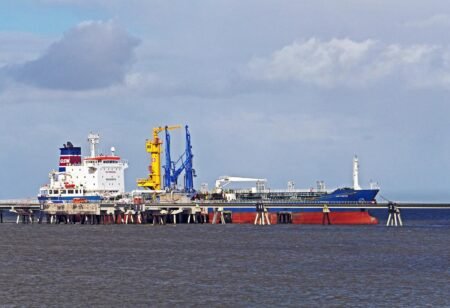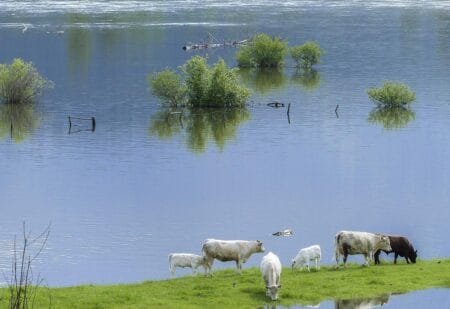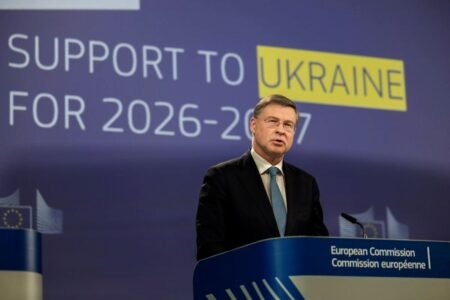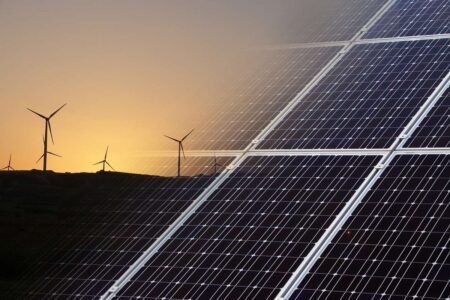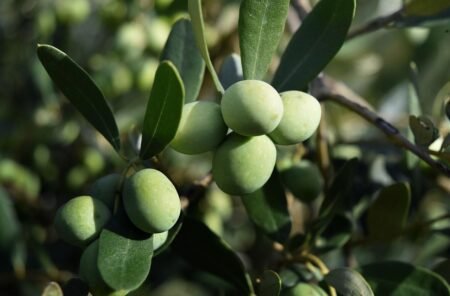— last modified 10 October 2017
Speaking today, EuroCommerce Director-General Christian Verschueren warned of the potential unforeseen consequences of pressure from the European Parliament in current trilogue negotiations on the draft Omnibus Regulation that would effectively exempt from EU competition rules possible concerted practices by producer organisations in charging identical prices or controlling quantities of produce.
“We have always supported the principle of improving the organisation and bargaining position of farmers in the supply chain. In those countries where farmers are better organised, they are better placed to negotiate with their ? sometimes stronger – trading partners. We are however worried that the approach proposed by the European Parliament would lead to potentially damaging consequences for wider EU policy objectives.”
In particular, any move to delete the provisions of the Common Market Organisations Regulation covering these activities could result in producer organisations, including some very large multinational organisations such as cooperatives, being able to fix prices internally and between themselves, as well as artificially restricting quantities of produce. This will do nothing to support the efficiency of the farming sector or farmers’ revenues, while, on the other hand, raising prices artificially. This will also increase the power of producer organisations over farmers themselves. A number of national competition investigations have already revealed a damaging impact on farmers’ ability to negotiate fair conditions with such organisations, for example the recent German Cartel Office enquiry into certain dairies.
The corollary to this approach is that this will drive protectionism. Indeed, if producer organisations were in future able to set artificially high prices and effectively control quantities released to the market, they would need to put pressure on governments or take other means to prevent competitively-priced products from other parts of their country or imports from other EU and/or third countries undermining them. This would have a damaging effect on the Single Market for food, which is already under pressure on a number of fronts. Equally, imports from third countries would also be attracted to markets with artificial prices. To stop this, the EU would have to impose additional restrictions. This would in turn mean the EU being hampered in negotiating new bilateral trade agreements covering any product subject to such potential cartel arrangements. The Commission is already in negotiation with Mercosur and is looking to advance negotiations with Australia and New Zealand, all of whom produce large quantities of “sensitive” products.
Christian Verschueren added: “We fear that this approach will artificially raise prices for consumers and reduce choice. It will also do nothing to help farmers become more competitive in global markets or strengthen their position in the supply chain. We therefore ask all parties to the trilogue discussions to avoid adopting measures that could distort the market in this way.”


